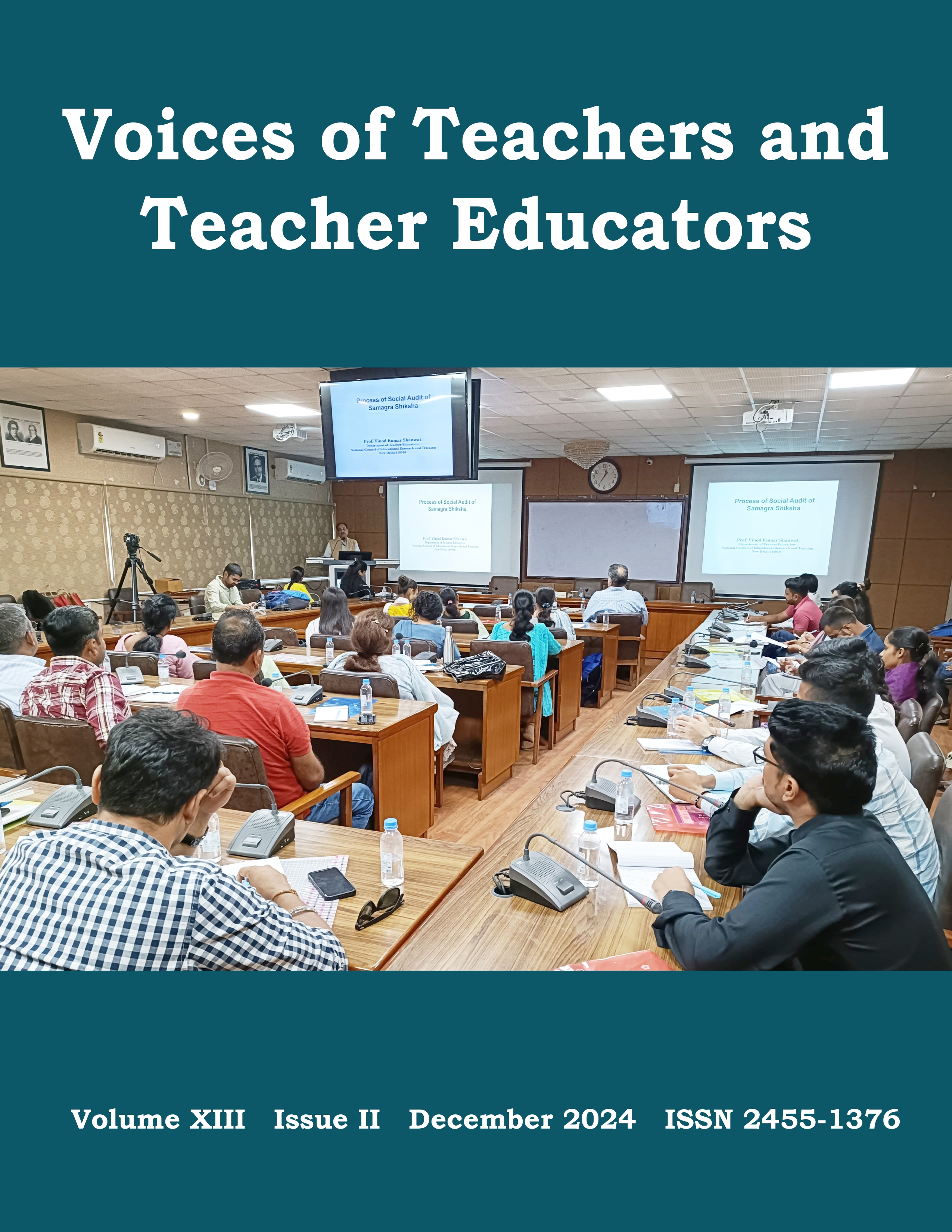Published 2024-12-31
Keywords
- Digital education initiatives,
- digital infrastructure,
- digital applications,
- learning management system,
- digital tools
How to Cite
Abstract
This paper focuses on the Digital India initiatives aimed at transforming the country’s education system into a digitally empowered one by increasing digital literacy, upgrading instructional methods through the adoption of digital tools, and promoting and incorporating digital applications. Notably, the Digital India campaign has enhanced Internet access, improved e-services, expanded digital infrastructure, and fostered innovation in adopting newer technologies in the teaching-learning practices. Visible changes had taken over educational practices because of increased focus on digitally empowered instructional methods (Thomas, 2012). Major interventions are noticeable in the domains of Information and Communication Technology (ICT) infrastructure, creation, storage and access of digital education resources, as well as networking using telecommunication or satellitebased communication to enhance learning. Major developmental components of digital education initiative include the Digital Infrastructure for Knowledge Sharing (DIKSHA web portal, mobile apps, Chatbots), ICT labs, smart classrooms, e-content resources, creation of management information systems at various levels, especially in schools, Teacher Education Institutions (TEIs) and Higher Education Institutions (HEIs). The National Education Policy (NEP) 2020 proposes to establish the National Educational Technology Forum (NETF) to facilitate the unlimited exchange of ideas on multiple aspects of digitalisation of teaching and learning, as well as the digitisation of assessment, planning and administration. This paper explores the perspectives, policies and initiatives aimed at fostering innovation in the applications of digital technology to the teaching–learning process

